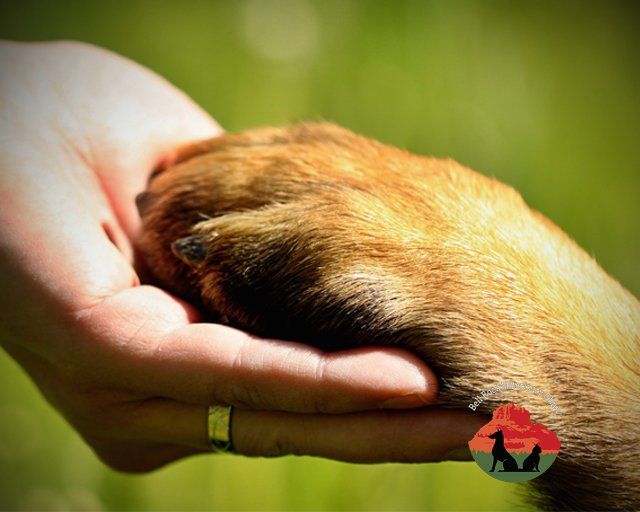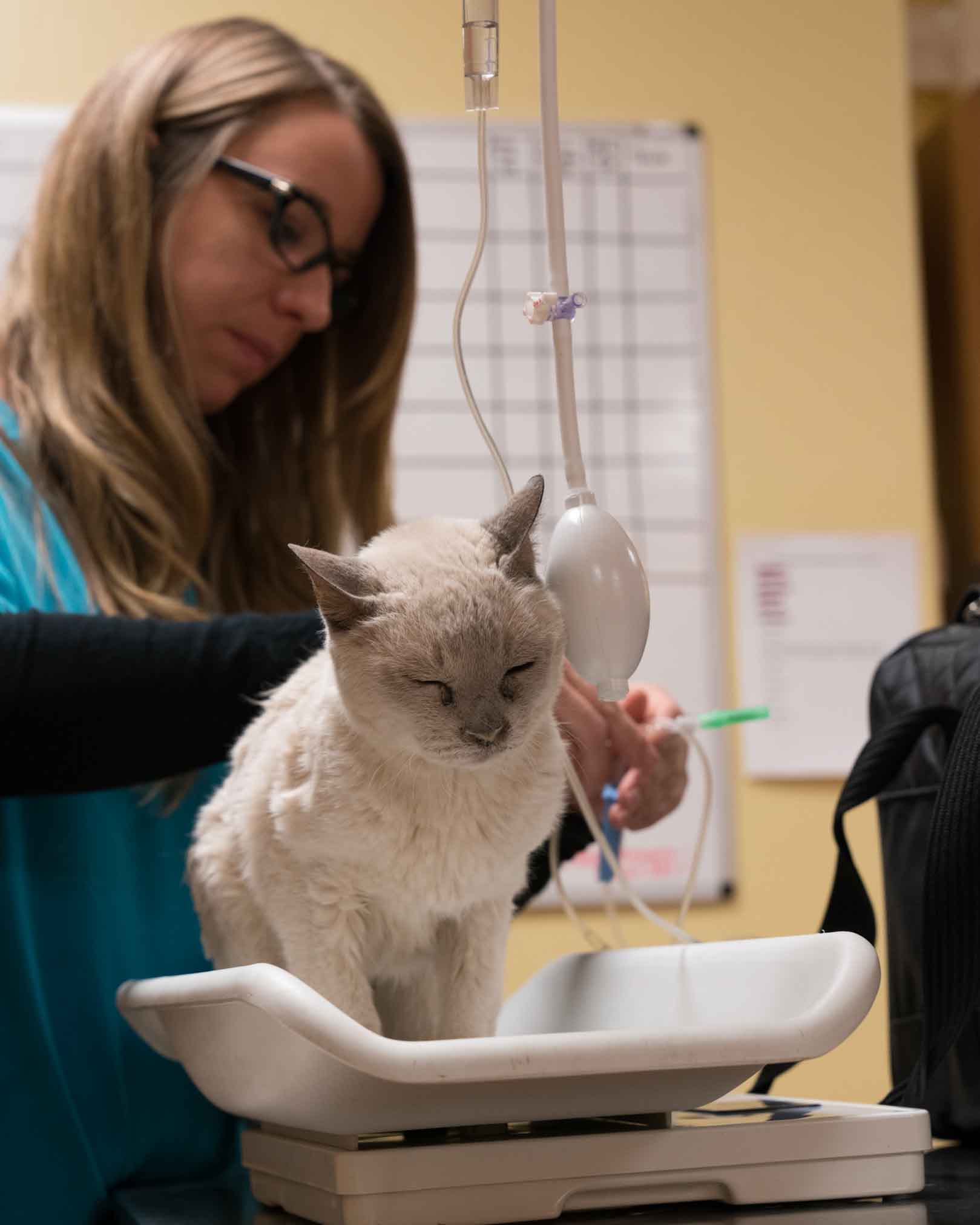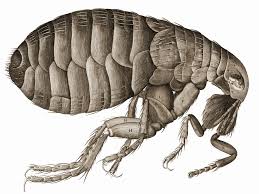A Curious Case of Stiffness

Jackie is a one-year old spayed lab mix that came into the clinic for stiffness. She had recently been spayed at a mobile practice and has been laying in the yard sun bathing. I see a happy lab that is looking up at me. Her ears are erect, and her facial muscles are contracted. Her stance is wide with her legs straight. It became clear immediately that Jackie was having a neurologic issue. I go back to my training from vet school as we are taught to “localize the lesion” for neurologic cases. This means we need to figure out where the body is being affected to cause the clinical signs we are seeing.
I start my exam with the goal to localize the lesion. Her head, front legs, back legs, and tail all appear to be affected. I walk her up and down the hallway and watch her gait which is very stiff, and her tail is elevated. Her mentation is good, she is aware of what is going on around her and actually quite happy, she just doesn’t have control of her muscles and they are all in a state of contraction. My physical exam allows me to localize her lesion to the nerve junctions where neurotransmitters are released. I am sure I know what is going on; Jackie has tetanus.
Clostridium tetani
is a bacterium that produces spores that persist for long periods of time in the environment. They enter a wound (her spay incision) and clinical signs appear 5 to 20 days after. Clinical signs range from a stiff gait, erect ears, an elevated tail, contraction of facial muscles, seizures, and death due to not being able to ventilate. The toxin spreads through the peripheral nerves to the spinal cord, where it blocks the release of neurotransmitters from the inhibitor interneurons thus causing the extensor muscles to stay in a state of contraction. Cats are more resistant to the infection than dogs are.
Jackie was placed on two antibiotics to treat the bacterial infection and made a full recovery, thankfully. She is a lively, happy, playful pup to this day.
If there are any topics you would like covered in this monthly article, please fill free to contact me and I will do my best to address them. I can be reached via email: drjarvis@bellrockvet.com or on our facebook page Bell Rock Veterinary Clinic.









